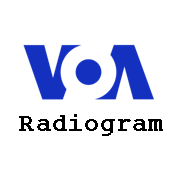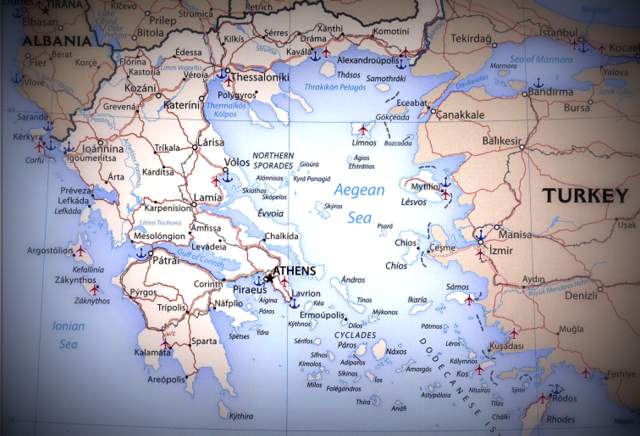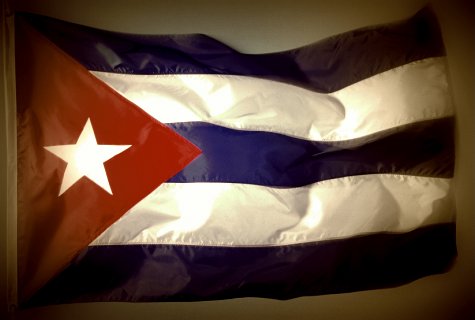Many thanks to SWLing Post contributor, Richard Cuff, for sharing this article from The National:
Radio wars: information battle heats up as Russia and China muscle in
For about 70 years it was the base of the BBC World Service. Bush House, with its grand marble entrance in central London, stood as a powerful symbol of the BBC, home to the short-wave radio services that delivered news to dozens of countries in more than 40 languages. But the lights went out in 2012 when the World Service moved to the more prosaic Broadcasting House; two years later it lost its annual £245 million (Dh1.341 billion) grant from the UK’s government.
Both changes are symptomatic of the BBC’s less certain place in the broadcasting world as other countries significantly ramp up recruitment and funding for their own equivalent services.
Last December, Peter Horrocks, the BBC World Service’s former director, warned that the West was losing the “information war” with Moscow as the old Cold War foe pumped out wave after wave of pro-Kremlin propaganda on its rapidly expanding radio, TV and online platforms.
Horrocks had called for a rethink on financial assistance from the UK government as, even before the grant was ended, cutbacks in 2011 forced the closure of five language services and some short-wave broadcasts.
“We are being financially outgunned by Russia and the Chinese. Medium to long term there has to be an anxiety about the spending of others compared to what the BBC are putting into it,” he said.
It is now all too clear that established broadcasters that are based in the West, such as Radio Free Asia, Voice of America (VOA), Radio Free Europe (RFE) – funded mainly through an agency of the US government – and the BBC are facing increased competition. Last November, Moscow rebranded its international English-language radio service: Radio Sputnik replaced the Voice of Russia and funding was increased for a new state-owned global news agency, Rossiya Segodnya.
Meanwhile, Beijing’s China Radio International (CRI) is an important part of the Communist Party’s foreign policy. CRI uses internet, short wave and satellite to broadcast around the world in dozens of languages, while Radio Sputnik has ambitions to broadcast in 30 languages across more than 130 countries by the end of the year.[…]








